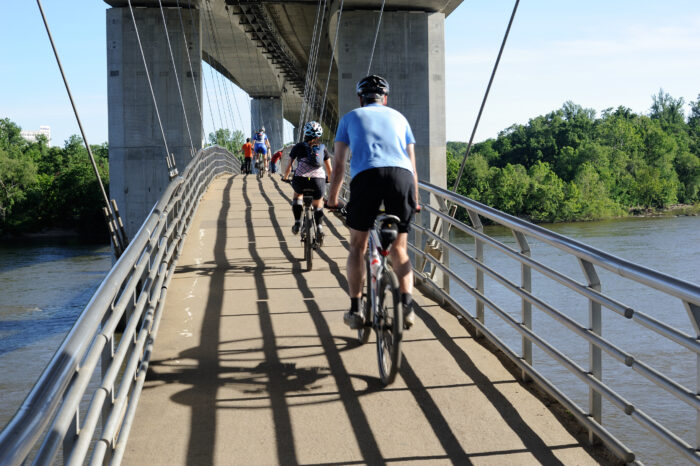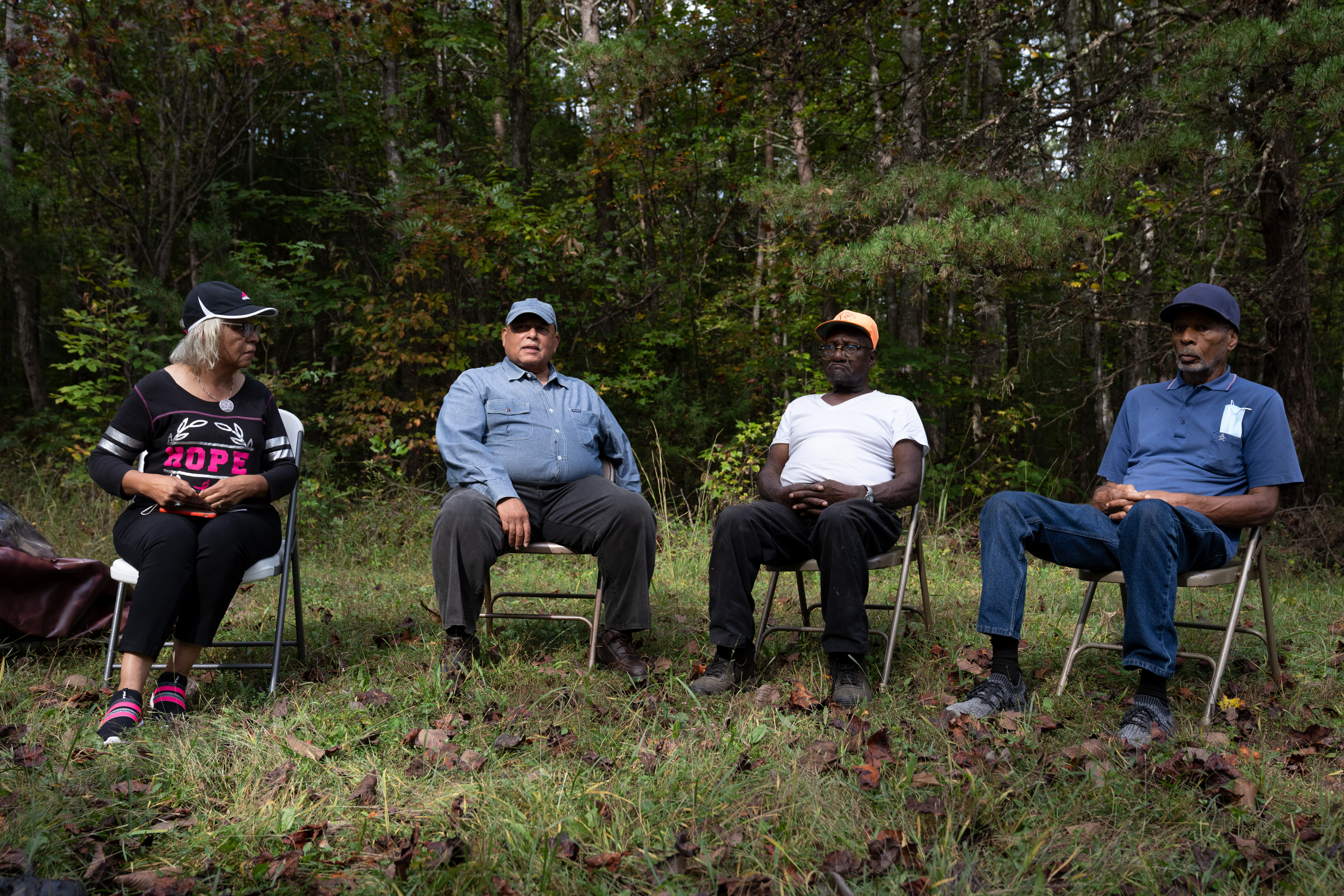Senior Attorney Trip Pollard on the intersection of climate change and transportation in the South
Trip Pollard is a senior attorney at the Southern Environmental Law Center and leader of our Land and Community Program, which promotes cleaner, more equitable transportation and smarter growth. In addition to his regional and national work, Trip is the point person for most on-the-ground transportation and land use policy work with Virginia’s top state officials and is based in our Richmond office just blocks from the Capitol. Here he provides some of his thoughts on transportation and land use challenges and solutions for combating climate change and inequities.
On the future of land use and transportation
We’ve got to fundamentally change transportation and land use. Transportation is the leading source of carbon pollution not only in our region, but throughout the nation. And an asphalt-centered transportation approach coupled with sprawling development are primary causes of a host of environmental problems–including the climate crisis, air and water pollution, and the loss of forests, farmland, and wetlands. We repeatedly see destructive cycles of building and widening roads that then spur more driving and more congestion, as well as scattered development where you have no choice but to drive—and to drive long distances—to get to work or complete daily tasks.

Transportation and land use decisions are also leading contributors to patterns of racial and economic injustice that limit individual opportunities and cause disproportionate environmental harm to communities of color and lower-wealth communities.
Solutions to these pressing problems include providing cleaner, more equitable alternatives to driving and more walkable, transit-oriented development so we can easily get to where we want to go without driving. And we need to reduce pollution from the vehicles we continue to use. Electrifying transportation is part of the solution in our fight against climate change. EVs are rising in popularity, and we must accelerate the shift to EVs as well as electrify school and transit buses, delivery trucks, and other vehicles.
On rural communities
Sometimes rural communities can feel left out of conversations about transportation and land use, even though they’re often hit particularly hard by the lack of access to jobs and health services, the high cost of driving, and the loss of farmland and open space that comes with traditional development. And rural communities of color and lower wealth areas are often targeted for landfills and other harmful facilities. SELC’s Land & Community Program seeks to partner with these communities as they work to protect public health, explore ways to modernize transportation systems, and fight to keep polluting industries out of their backyards.

On climate solutions and action
Action on climate cannot be delayed. We’re already experiencing the high costs and life-threatening damage a changing climate brings. This is an emergency we must address. Reducing emissions is a key factor in the climate fight and a way to take immediate action. We’re a car-based society and the South is especially dependent on driving and is a big contributor of pollution. But by providing alternatives such as transit and rail, by adopting EVs and electrifying other transportation modes, and by revitalizing our communities and centering growth in previously developed areas, we can curb carbon pollution. This is going to require action at all policy levels and from communities and individuals as well. I think plenty of people stand ready to make changes and help, but without a concerted response and effort the climate crisis will only get worse.
On victories and priorities
We’ve made some tremendous progress, such as adopting clean car standards in Virginia that are projected to cut carbon more than any other single policy the state has adopted, halting dozens of destructive highway projects throughout our region, and helping to secure significant funding for rail and transit in a number of our states and metro areas. We’ve got a long way to go, but change is happening, and SELC is committed to protecting our natural and human environment and to ensuring clean, healthy, and thriving communities for all.
